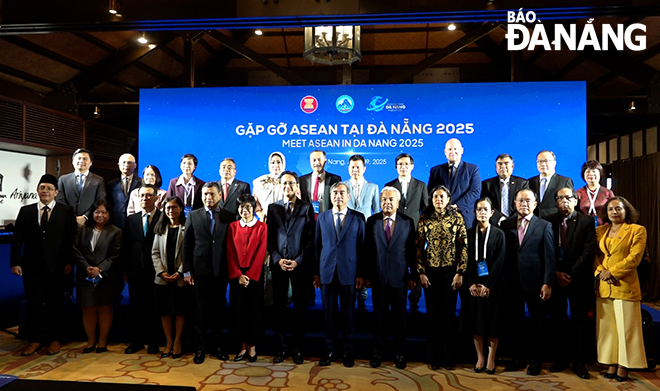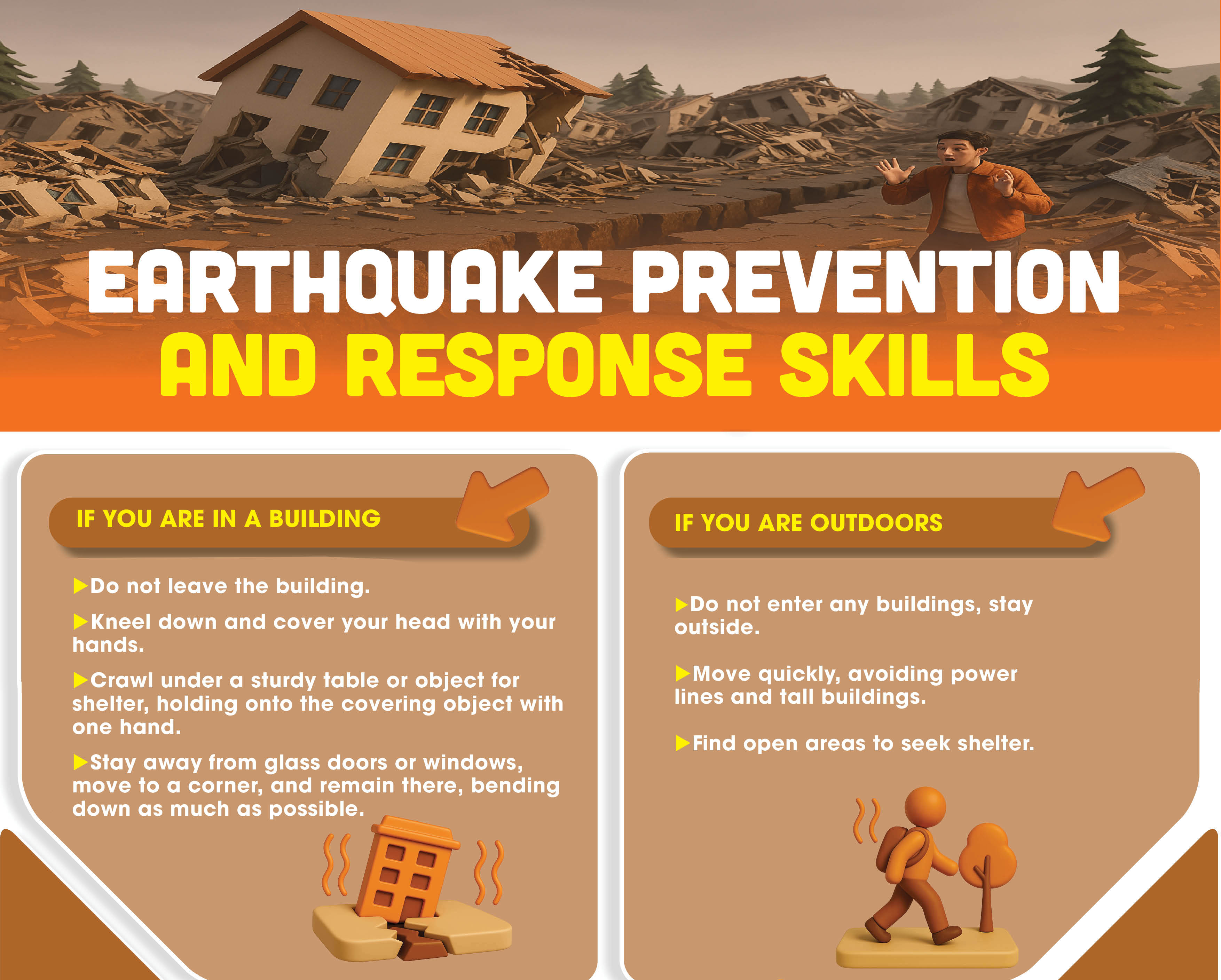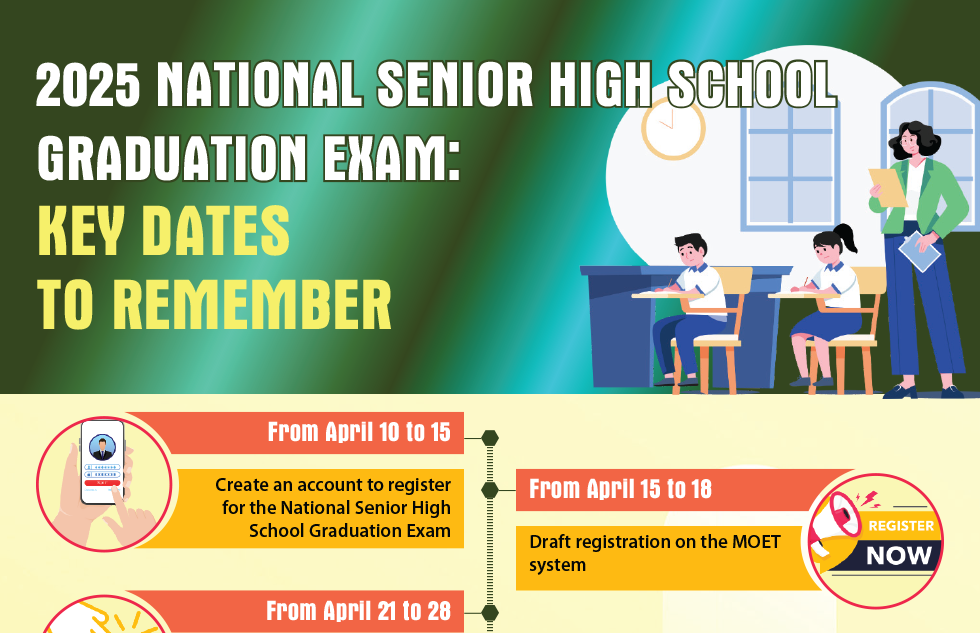Strengthening capacity to cope with risks and economic crisis
A national scientific workshop to seek solutions to strengthen capacities for risk response in Da Nang's economy took place in the city on Wednesday.
The event was jointly organised by the University of Economics - the University of Da Nang, the municipal Union of Science and Technology Associations, the city’s Institute for Socio-Economic Development Research, the Institute of Social Sciences in the central region, the Academy of Politics Region III and a number of universities.
It provided an opportunity for domestic and international scientists and economic managers to share knowledge and experiences on crisis management and control, and other economic management issues.
The workshop focused on clarifying the current situation of the city's ability to cope with risks and crises in recent years, especially during the COVID-19 outbreak with presentations about risk and crisis management, and risk response, in the national and local economies; and risk management and response in Vietnamese and Da Nang enterprises in the post-COVID-19 context; and enhancing early warning and risk management capacity for Viet Nam and Da Nang's finance.
Through the analysis, the researchers believed that the city's economy heavily relies on the external market, especially in the industrial and construction sectors, resulting in the disruption of the supply chain, the lack of proactivity in terms of supply, and the negative impact on exports.
In their efforts to reduce the negative impacts and improve the resilience of economic sectors, the researchers proposed a number of solutions for the city, including attracting human resources to return to work after COVID-19, boosting economic restructuring, accelerating digital transformation in the economy, and strengthening prevention of health and health risks and dangers.
During the event, participating experts and scientists proposed specific orientations and solutions to strengthen the local economy's capacity to respond to risks and crises in the future. Included were the application of econometric models to study the impact of risk response on economic and financial activities, and experience in disaster risk response, climate change, finance of developed countries.
Reporting by NGOC HA -Translating by M.DUNG








